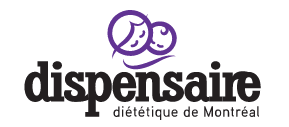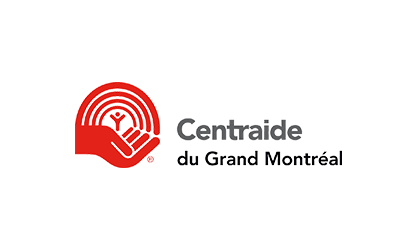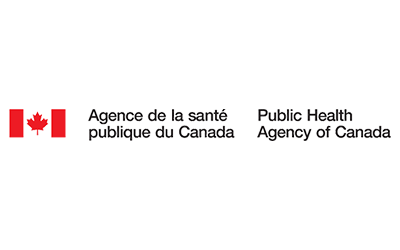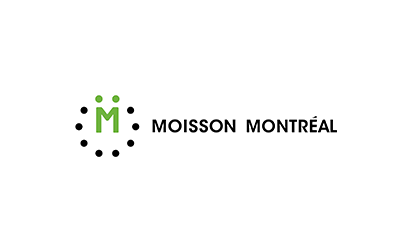No. Although it is known that a sufficient blood omega-3 level reduces the risk of preeclampsia, studies have not shown any benefits of consuming omega-3 supplements. However, sources of dietary omega-3 seem to help reduce the risk of preeclampsia.
For women at risk of preeclampsia, a condition characterized by high blood pressure and the presence of protein in the urine, it is not necessary to take omega-3 supplements. It is rather recommended to consume foods that are rich in this nutrient, such as fatty fish (salmon, trout, mackerel, sardines and whiting), shellfish or seaweed, which also bring other benefits. To learn more about dietary omega-3, click here.
A good omega-3 intake, reflected by an adequate blood level, prevents the risk of developing preeclampsia during pregnancy. However, as the action mechanism of omega-3 is not clearly known yet, it is difficult to determine whether the risk reduction is attributable to omega-3 alone or to the combination of omega-3 and other elements present in the food. In fact, omega-3 surcharge does not help reduce the risk of preeclampsia, and this, regardless of the supplement form (omega-3 capsule, cod liver oil, other fish oil and so on). It even seems that too much omega-3 in supplement form may increase the risk of preeclampsia in pregnant women. Moreover, as the amount of omega-3 needed to reduce the risk of preeclampsia is not yet known, omega-3 supplements are not recommended because they are often concentrated in a single dose.
In fact, omega-3 is part of the essential fatty acid family and brings many benefits to the mother and child during pregnancy. It is necessary for brain formation as well as development of other nervous tissue of the unborn child. Omega-3s have anti-inflammatory properties that help reduce stress in the body, and have the potential to lower blood pressure. It is for this reason that they received much attention in relation to the development of preeclampsia. For more information on preeclampsia, click here.






